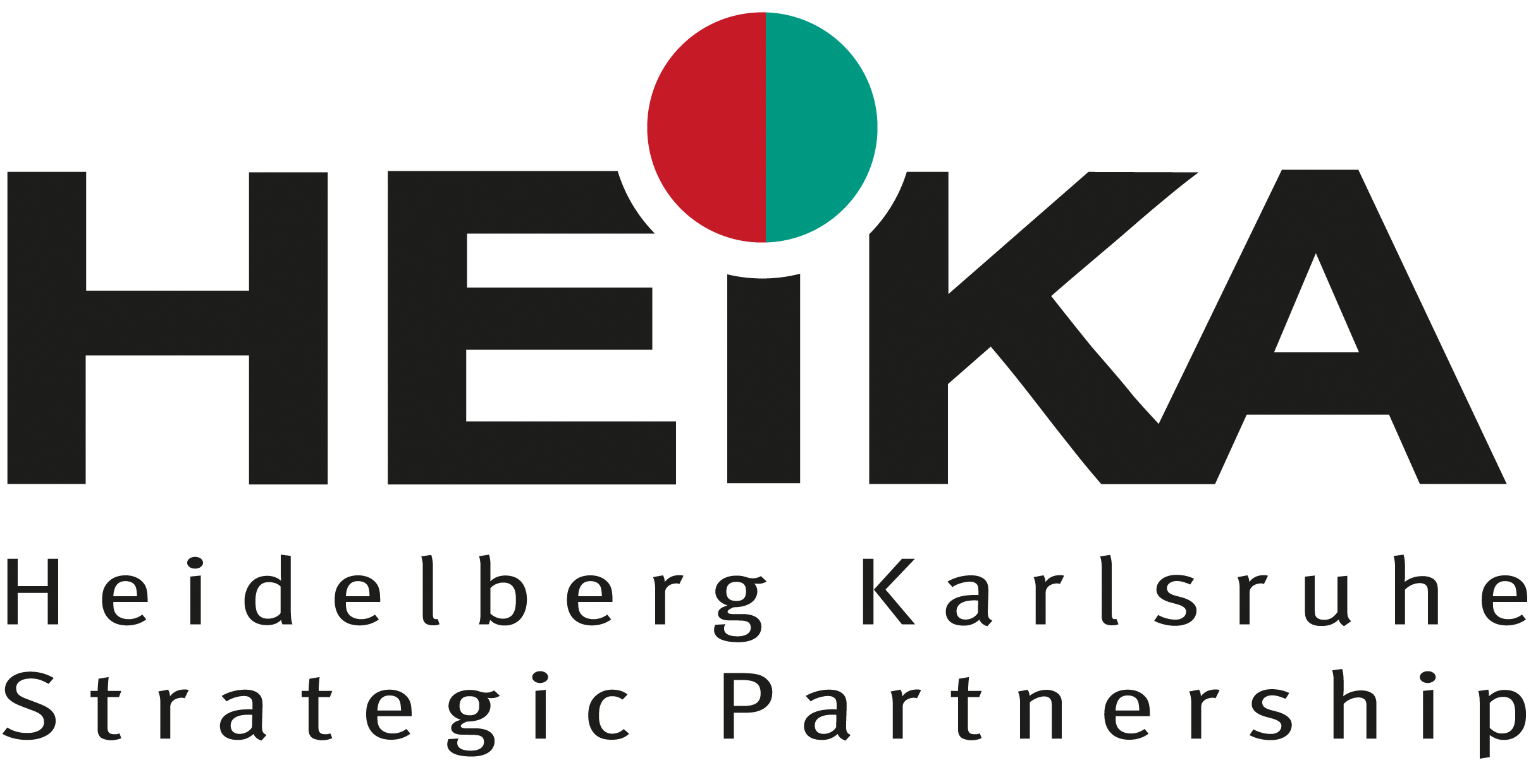Perovskite solar cells have revolutionised the field of emerging photovoltaic technologies by demonstrating power conversion efficiencies surpassing 22% in just a few years. One of the key issues hindering further progress in the field and the incorporation of these devices into industrial applications is the notorious lack of reproducibility of perovskite devices experienced by researchers worldwide. This issue has resulted in the routine practice of reporting photovoltaic parameter histograms showing wide spread of performance for identically fabricated devices. Recently, we have identified this lack of reproducibility to be linked to large-scale compositional and electronic inhomogeneities of spin-coated perovskite active layers. This, and the need for scalability for future fabrication of perovskite solar cells, highlights the need to focus on the development of alternative deposition methods for perovskite solar cells, such as inkjet printing. In this project, we aim to utilize the inkjet printing deposition method for fabrication of high yield and high performance perovskite solar cells. The project <HYPER> is based on the complementary areas of expertise of the Heidelberg and KIT PIs and will combine inkjet printing of perovskite layers, advanced spectroscopic characterisation and device fabrication. Specifically, we will characterise the compositional and electronic homogeneity of the inkjet printed perovskite layers by x-ray and ultraviolet photoemission spectroscopy mapping experiments and fine tune the deposition parameters for optimal layer quality and homogeneity. The optimal layers will be utilized as active layer in perovskite solar cells, which we will show to exhibit superior reproducibility when compared to reference spin-coated layers. Finally, we will apply the results of the project to large area modules that will exemplify the scalability of inkjet printing and bring perovskite solar cells closer to industrial application.
Research bridges
Run-time
-
Centre for Advanced Materials (CAM)
Heidelberg University
Institute of Microstructure Technology (IMT)
Karlsruhe Institute of Technology

